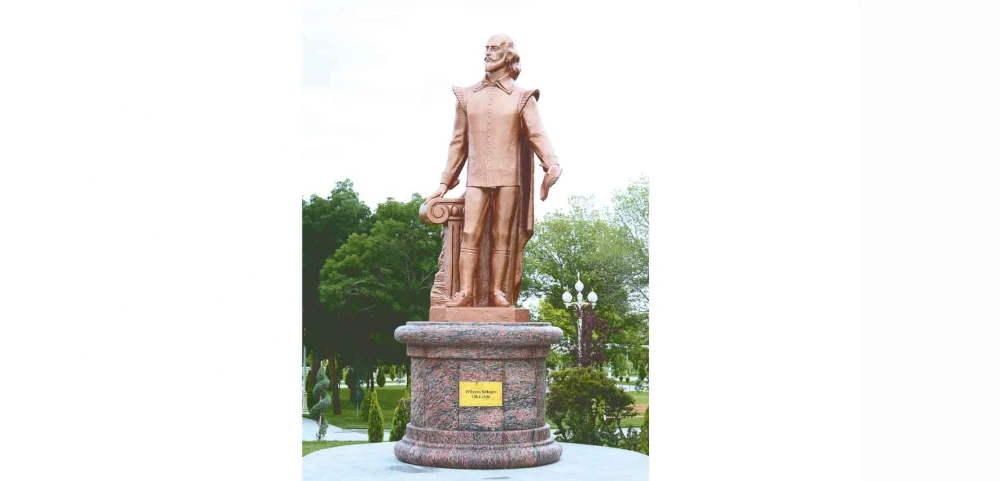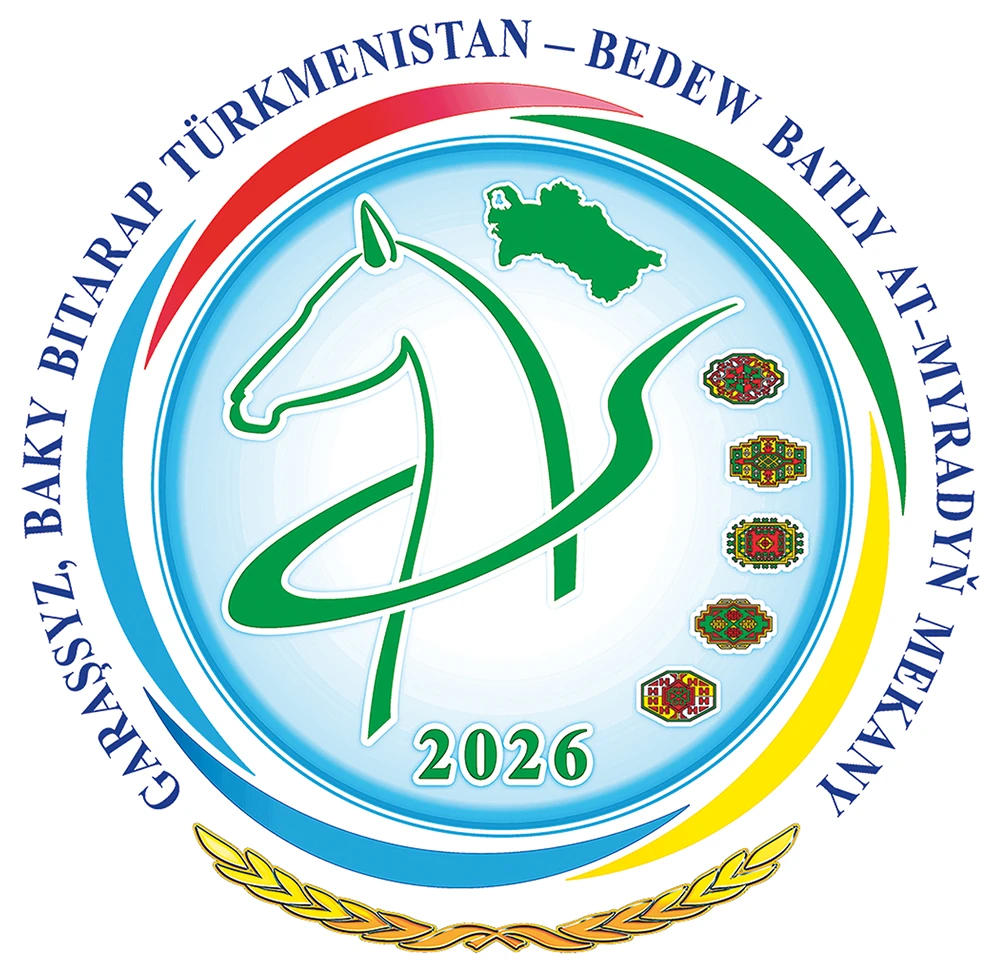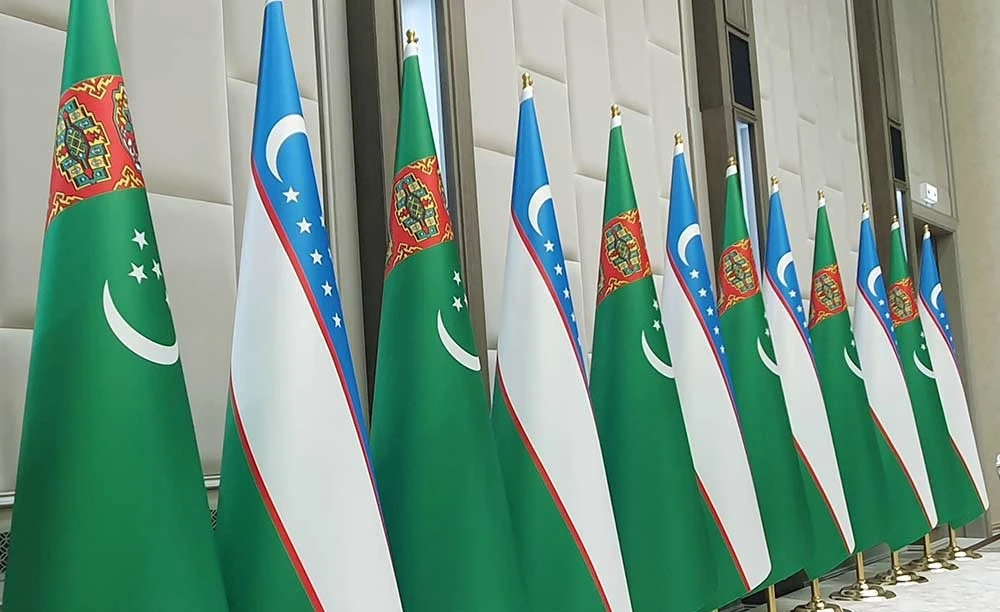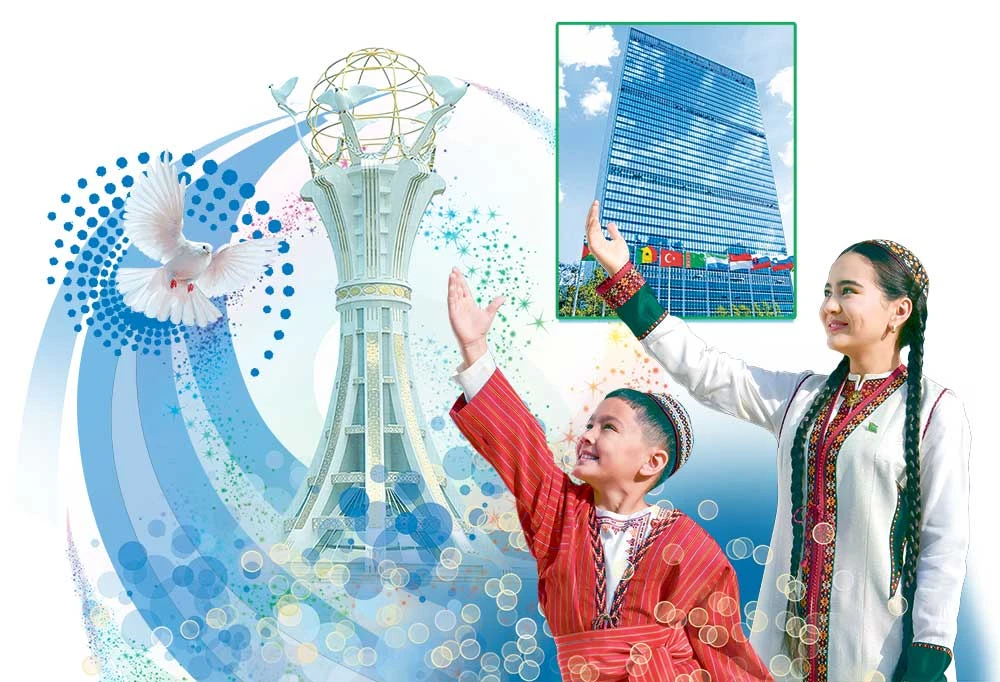
24/06/2024
1087
William Shakespeare: The Bard of Avon
William Shakespeare, often hailed as the greatest playwright in the English language, was born in Stratford-upon-Avon in 1564. His work, spanning from the late 16th century to the early 17th century, has left an indelible mark on literature, theatre, and the broader cultural landscape. Shakespeare was baptized on April 26, 1564, which suggests he was born a few days earlier, likely on April 23. His father, John Shakespeare, was a successful glove-maker and local politician, while his mother, Mary Arden, came from a prosperous farming family. Little is known about Shakespeare's childhood, but he likely attended the King’s New School in Stratford, where he would have received a solid education in Latin and the classics. By the late 1580s, Shakespeare had moved to London and begun a career in theatre. His early work included acting and writing for the Lord Chamberlain’s Men, a popular acting company. Shakespeare quickly made a name for himself, and by 1594, he was not only a principal actor but also a managing partner in the company. Shakespeare’s oeuvre includes 39 plays, 154 sonnets, and several narrative poems. His plays are often categorized into three genres: tragedies, comedies, and histories.
— Tragedies: Shakespeare’s tragedies, such as “Hamlet,” “Othello,” “King Lear,” and “Macbeth,” explore themes of ambition, power, betrayal, and the human condition. These works are known for their complex characters and profound psychological depth.
— Comedies: His comedies, including “A Midsummer Night’s Dream,” “Much Ado about Nothing,” and “As You Like It,” are celebrated for their wit, intricate plots, and exploration of love and identity.
— Histories: Shakespeare’s historical plays, like “Henry IV,” “Henry V,” and “Richard III,” dramatize the lives of English kings and the nation’s turbulent past, reflecting on leadership and morality. Shakespeare’s influence on the English language is unparalleled. He coined or popularized many words and phrases still in use today, such as “break the ice,” “heart of gold,” and “wild-goose chase.” His use of iambic pentameter, a rhythmic pattern that closely mimics natural speech, revolutionized English poetry and drama. Shakespeare’s impact extends far beyond his literary contributions. His plays have been translated into every major language and are performed more often than those of any other playwright. The themes and characters in his works continue to resonate with audiences around the world, reflecting universal aspects of human nature and society. His influence is also evident in various adaptations and reinterpretations across different media, including film, music, and literature. Iconic adaptations like “West Side Story” (based on “Romeo and Juliet”) and “The Lion King” (inspired by “Hamlet”) highlight the timeless relevance of his stories. Shakespeare died on April 23, 1616, and was buried in the Holy Trinity Church in Stratford-upon-Avon. His epitaph, which he allegedly wrote himself, serves as a poignant reminder of his enduring legacy. Today, his works continue to be studied, performed, and cherished, securing his place as an eternal figure in the world of literature and beyond. William Shakespeare’s genius lies in his unparalleled ability to capture the complexities of human experience. His works, rich in linguistic creativity and thematic depth, continue to inspire and challenge readers and audiences. As we celebrate his contributions, Shakespeare remains a testament to the power of storytelling and the enduring nature of great art.
Seyran SOPYYEV,
the 2nd year student of the Faculty of International Journalism
of the
Institute of International Relations
of the
Ministry of Foreign Affairs of Turkmenistan


